Zim: Culture gone mad or culture in transition?
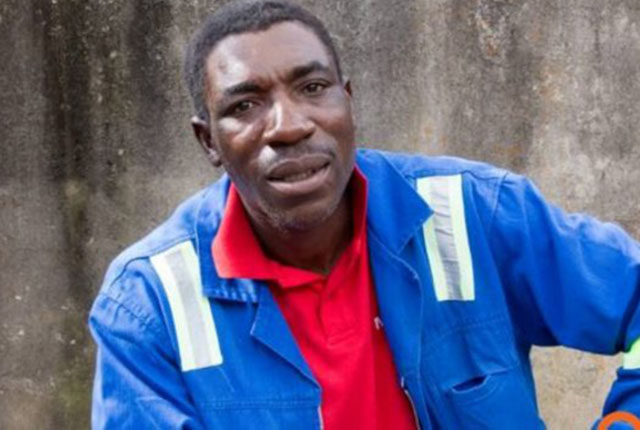
David Mungoshi Shelling the Nuts
Forty-two-year-old Lameck from Mabvuku, Harare, has become a celebrity of sorts. Thanks to a video of his impassioned speech at a funeral. The video has gone viral and Lameck has been interviewed around the world, including by Marvellous Mhlanga-Nyahuye in Washington.
The unusual public interest and occasional furore emanates from Lameck’s vitriolic castigation of a deceased neighbour. A boy from next door, as it were, made Lameck’s daughter pregnant. His daughter did the done thing, that is, she went with her load to the father of her unborn child, but things went awry.
The boy’s mother would have none of it and the two love birds spent the night huddled together in the veranda. Come break of day, the boy’s mother came out with her night jar and drenched the poor girl with its smelly contents.
But, as fate would have it, the woman fell suddenly ill and passed on.
Her death set off the chain of events we are talking about.
Fellow Herald writer, Leroy Dzenga, recently did a story about the incident in the video. Dzenga’s informants, Dr Sekai Nzenza and Dr Rebecca Chisamba, are cultural gurus in their own right. His story was therefore, well-steeped in Shona custom and tradition.
His article argued that behaviour such as that depicted in the video was alien and unpleasant because as the Shona proverb says, “the dead are righteous”. This is what the Mabvuku man says triggered his reaction: hearing people, including a pastor, praise the dead woman in spite of her unChristian act against his daughter.
He defends his action by saying it is time that this thing of sanctifying dead people when they do not deserve it, stopped. Many are castigating him on radio and on social media. I am going to be a little more accommodating by comparison.
I see major deficiencies in the responses to the video in general. People are missing out something. We must ask who the ‘livid’ man’s intended audience is and we must also consider what his intention may have been.
In literature, a character uses apostrophe to address a deceased or absent person as if they are physically present. So when the man from Mabvuku speaks, the tendency is to think he is addressing the deceased.
I beg to differ on that score. He knew what people were at the gathering at the graveside, significant others who could impact the situation.
In terms of Shona custom and tradition future generations can pay for the sins of their fathers. Our Lameck obviously knows this and also knows that recompense can be obtained from those who survive a deceased person.
This is why, customarily, an announcement is made at the graveside inviting any who are owed anything by the deceased to come forward or forever hold their peace. Similarly, those who owe something to the deceased are invited to settle. In the same vein those with grievances sometimes say them before people leave the graveside. In this respect, Lameck was well within his rights.
There does not seem to be any clear explanation for the deceased woman’s alleged action against a girl she should have welcomed into her home as her son’s bride.
People sometimes have drunk their own urine under certain circumstances, and Eskimo women traditionally washed their hair in urine. That, however, does not glorify urine.
What is particularly difficult to understand is how one woman can so ill-treat another woman’s daughter as if she herself has no daughters. No one can deny that if the tables were turned and her daughter became the victim, the deceased would have been both irate and belligerent. There’s no telling what she might or might not have done under such provocation.
The point is that Lameck wants an apology and also expects some restitution — kuripwa, for the way his daughter was slighted. Those who survive the deceased can attend to such things.
Shakespeare’s Mark Antony, speaking after the assassination of his beloved friend, Julius Caesar, laments, “. . . the evil that men do lives after them, but the good is oft interred with their bones.”
This is in keeping with the Shona proverb about the axe always being the one to forget, while the tree that bears the scars remembers. The guilty want to forget while the aggrieved want something else. This would be case if the deceased were the wronged party.
Let us suppose for a moment that the pregnant girl were the deceased. What are the likely scenarios in such a development? Some people subscribe to other people’s superstitions.
You hear them talk about haunted houses and the walking dead, but dismissing outright their own people’s beliefs. Culturally, the girl herself is a time bomb if no one attends to her humiliation. An illustration here will do us some good.
Many years ago, a girl who was a nurse went out on a picnic with her boyfriend. She is said to have told him she was expecting his child. For this, the rascally fellow killed her. Following the murder, there were reports of her being sighted at the roadside waving down motorists.
Any motorist who stopped for her or took her home was said to be safe until he switched on the lights. Such stories are not that uncommon in the annals of many communities around the country.
All in all, the stories testify to the existence of ‘ngozi’, what is often called an avenging spirit. In this context the spirit of the deceased must be appeased so as to avoid catastrophe. Let me give one or two real life examples.
My mother had an elder sister who was in a polygamous marriage in which she was the younger wife. She may have become the one that her husband doted on; I am not sure, but at any rate she became the object of derision and ill-treatment from vahosi, the senior/first wife.
This went on for years and it appears that she kept this well-lodged in her heart. Unfortunately, for her husband and for the senior wife, my mother’s sister died before her grievances had been aired and attended to.
But worse than this, the family allowed her hut to crumble and fall in upon the sacred utensils of her marriage and womanhood: the roof fell in on her earthenware (hari dzavo) and broke it into little pieces.
As any true culture man will tell you, this among the Shona is taboo. It is something of a Trojan horse ‘that can wipe out a whole clan’. That is what our people say.
The events I am referring to happened long before I was born. I never actually saw my mother’s elder sister. Many years later when the girl children my mother’s sister had left behind had grown up, started families and eventually become grandmothers, two men on bicycles came to our communal home.
When they introduced themselves my father was able to silently predict why they had come. He was sitting in his favourite armchair on the veranda when the men arrived. Mother was inside her kitchen, preparing some food for the afternoon.
Eventually my father told her about her visitors. The men had come to seek forgiveness from my mother for the things done to her sister by their mother and by their father. They told her that there were too many strange deaths among them and that they wanted to own up and pay for the sins of their parents.
On an agreed date mother took them to her brothers where they did what was directed. We never saw them again after that. This happened about 40 years ago. Conclusion: problem solved.
My wife’s paternal grandfather married a woman whose husband had been murdered in the village of her origin. The dead man’s wife left the village to seek a new life with her children elsewhere. That was how she ended up marrying my father-in-law’s father whose first wife had died.
Many years later, the woman’s children from her first marriage as well as those from her second marriage had themselves become parents and grandparents. Life was going on.
A group of men who, apparently, had been on the road for weeks eventually located the woman in her new home, scores of miles from the scene of her husband’s murder. The men had a herd of cattle with them. They asked the sabhuku/village head to help.
Death was stalking them because of their family’s heinous sin, they said. Once restitution was agreed and conveyed, the men left, never to be seen again in these parts. This story is from forty-five years ago. Were a survey to be done, it might unearth many such stories everywhere.
Whatever people may think; it is probably best to do what has to be done to avoid problems generations later. Does Lameck’s forthrightness signal a culture gone mad or one in transition?
- David Mungoshi is a writer, social commentator, editor and retired teacher.




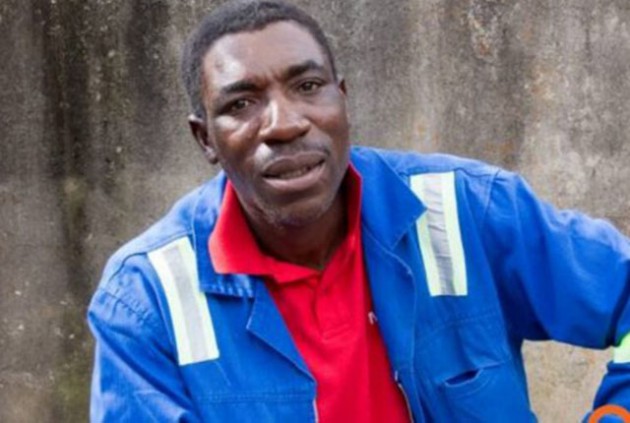
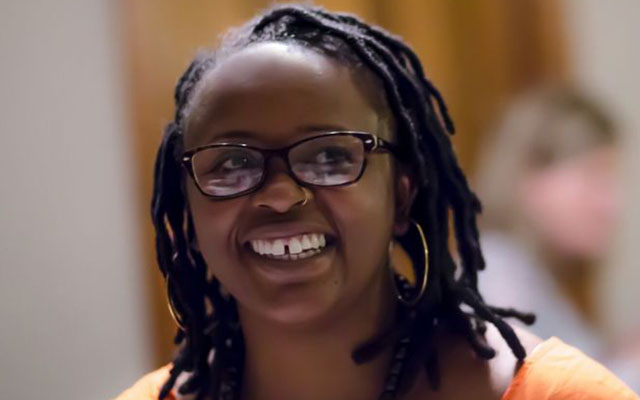
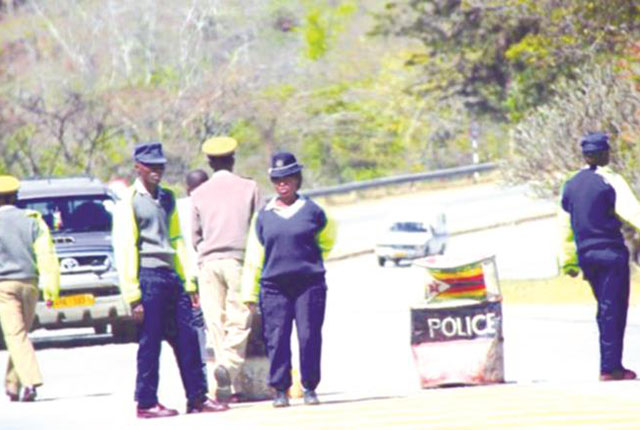

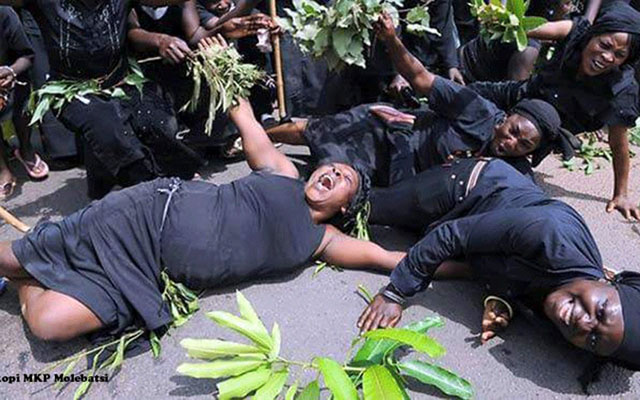


Comments